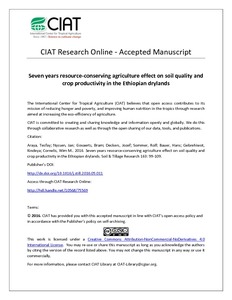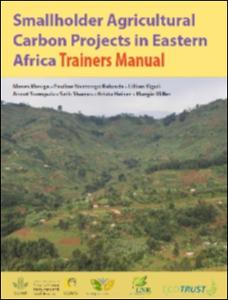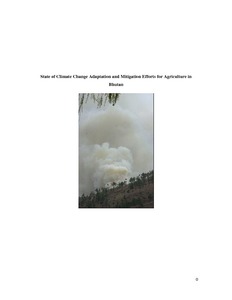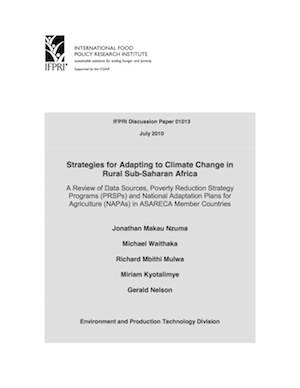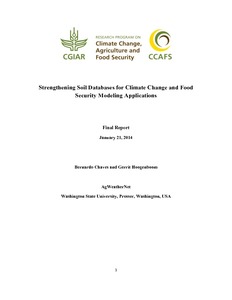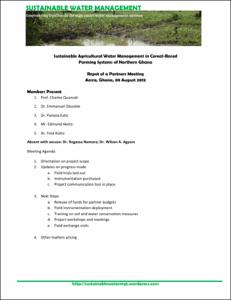Setting up agricultural water management interventions - learning from successful case studies in the Volta and Limpopo river basins
Long-term investments in agricultural water management (AWM) interventions in the Volta and Limpopo river basins have aimed at improving water availability and quality for smallholder farming systems. However, sustained and wider uptake of AWM technologies and approaches has not been as successful. We need to learn from successful AWM interventions, those interventions that have led to a sustained or increased uptake of AWM technologies or approaches, and which have led to improved well-being of farmers and livestock keepers in the rural development context of sub-Sahara Africa.



